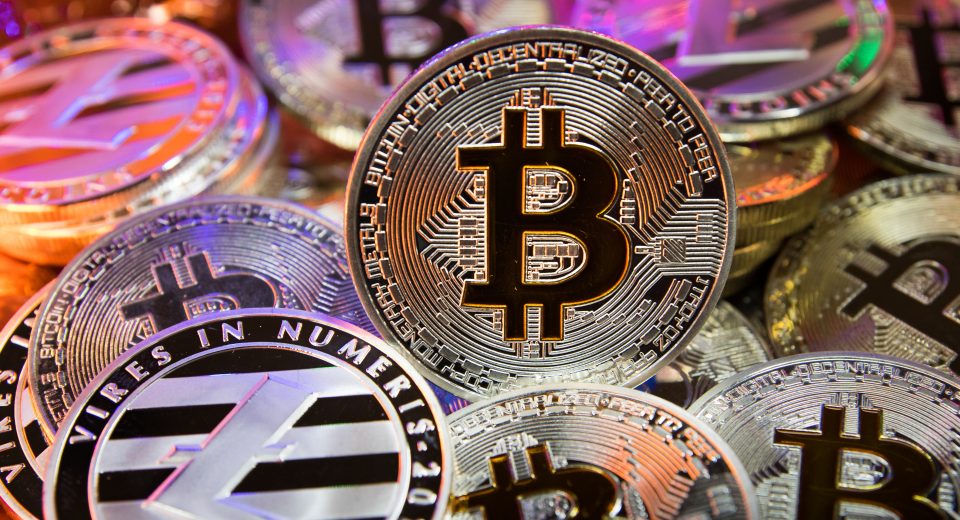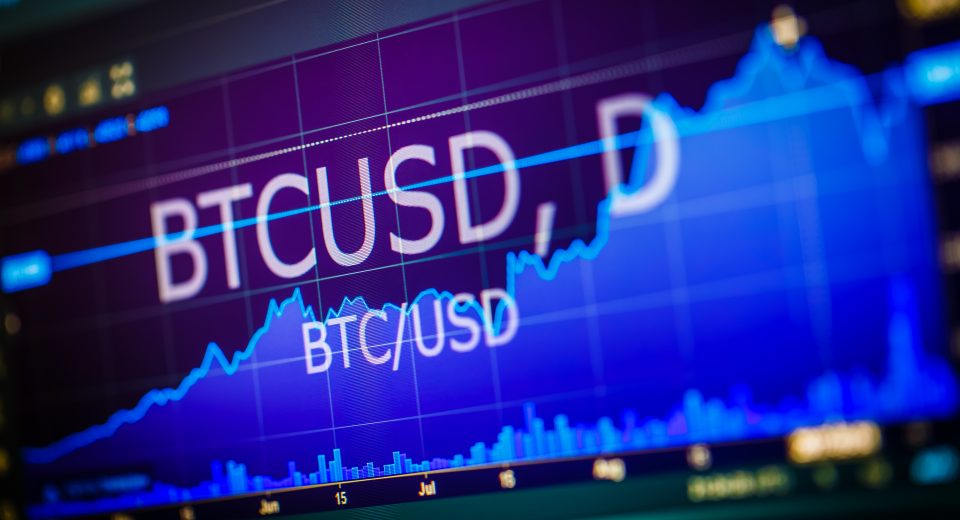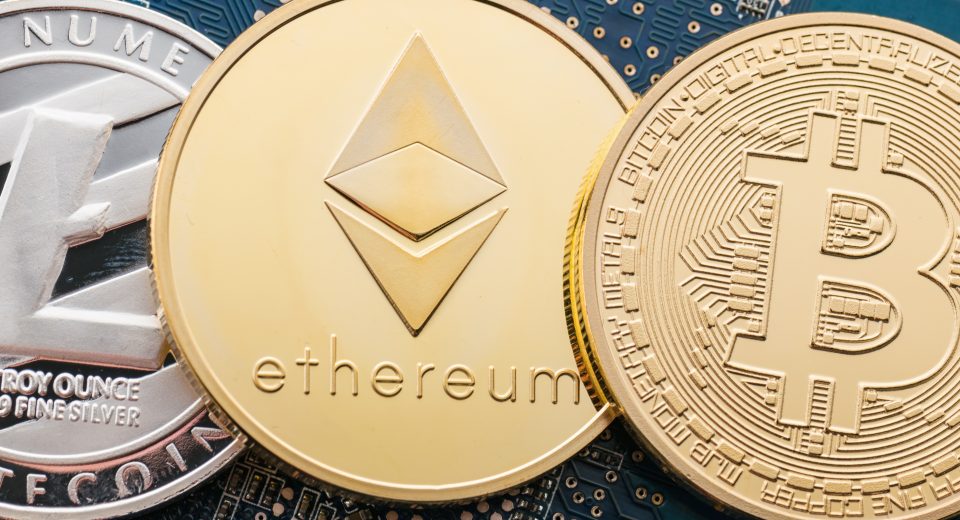Decentralised vs Centralised

Cryptocurrencies have grown in popularity with ICOs popping up left, right and centre but what makes these digital tokens so attractive? Well, it’s largely due to the fact they operate on decentralised networks and are not controlled by any central authority like a bank or government.
Blockchain technology is immune to authoritarian modifications and is censorship resistant which gets the thumbs up from many traders. But what is the difference between decentralised and centralised technology and are all crypto networks decentralised? Let’s delve deeper.
Blockchain and Decentralisation
Blockchain technology is based on a peer-to-peer network and requires a group of computers to complete a specific task. A blockchain, as the name suggests, consists of a chain of blocks, with each block consisting of transaction data. Once a block has been verified and added to the ledger it cannot be changed or modified in any way. This significantly reduces the chance of malicious activity. From this perspective, decentralised networks are considered safe. In contrast, a centralised network has a single point of data collection, making it susceptible to hacking.
Most people assume that all cryptocurrencies follow a decentralised model – but that’s not actually the case. While bitcoin continues to be the most decentralised currency, it’s argued that ripple, one of the most traded currencies in recent months, is not. This is because all 100 billion ripple coins were created by Ripple Labs and have remained there implying the currency is controlled by one company. Also, ripple-approved exchanges have the power to freeze customer account balances which can be seen as compromising trading protection.
Cryptocurrency Exchanges: Centralised and Decentralised
Cryptocurrency exchanges play an important role in carrying out transactions involving digital currencies. At present, both centralised and decentralised exchanges exist.
Centralised trading platforms provide a wide variety of services but they hold cryptocurrencies in their custody for easy trade. Many traders prefer this because they don’t have to worry about the safety of their holdings or keep a record of the changes in their account balance. That said; the risk of a user’s holdings being compromised or misused is always there. Also, the possibility of hacking cannot be ruled out. What’s more, when using the services of a centralised exchange, users are giving these exchanges the power to make decisions, which may or may not be in the individual’s interest. Realising this, many centralised exchanges are adding security measures such as, multi signatures and two-way authentication to keep their users’ money safe.
Centralised exchanges like Coinbase are run by companies that earn their revenues from their platform’s fee structure. Anybody wishing to access or exit the blockchain needs to pay a fee, which goes to the centralised exchange. This type of structure is not in line with what was planned for blockchain. So, what makes a decentralised exchange more appealing? Well they’re generally considered to be safer and more reliable.
Decentralised exchanges run on hundreds of nodes, which verify transactions before they’re added to the public ledger. This greatly reduces the chance of fraud or misuse of funds. But liquidity remains an issue with the decentralised exchanges, since they do not have many market makers.
To conclude, although blockchain technology and bitcoin were promoted as an open source initiative that aimed to do away with the negatives of a centralised authority managing currencies, several cryptocurrency networks are now using a centralised system.
Disclaimer
If you liked this educational article please consult our Risk Disclosure Notice before starting to trade. Trading leveraged products involves a high level of risk. You may lose more than your invested capital.









